The Paralympics are underway in PyeongChang! With 55 athletes competing in five sports, it is our country's biggest team ever. After a few days of competition, Canada has already won 7 medals—3 gold, 1 silver, and 3 bronze. One of those medallists was cross-country skier Brian McKeever, who won gold in the visually-impaired 20km ski. That's his 14th medal ever at the Paralympics, making him Canada's most decorated Paralympian!
Embed from Getty Images
Paralympian Brian McKeever (right) celebrates winning gold with his guide, Graham Nishikawa. (Getty Embed)
Interviews galore
Be sure to check out our interview with Liam Hickey in Issue 40 of the OWLconnected eMag! (Getty Embed)
We already spoke with budding sledge hockey star Liam Hickey in Issue 40 of the OWLconnected eMag. But we're so excited about this event, we're bringing you another interview with a bright young star of para sport: Erin Latimer.
Erin was born without her right forearm, but that hasn't stopped her from making her mark on the world of para alpine skiing. At age 21, this is her second Paralympics and she is keen on grabbing her first medal (she has two more events coming, including the giant slalom, a personal favourite).
We talked to her about para sport, building confidence, and how her experience at the 2014 Sochi Paralympics will give her focus in PyeongChang.
Erin Latimer speaks slopes!
Erin placed ninth in the Super-G on Sunday, but her best event, giant slalom, is yet to come. (Getty Embed)
OWLconnected: Alpine skiing has many different disciplines. Do you have a favourite?
Erin: If I had to pick, it would be giant slalom and the speed events: Super-G and downhill. In the speed events, it’s less about your technical skiing and more about how you can push yourself. It's just confidence and going as fast as you can! And I really like giant slalom because it’s more technical, but really fun.
OC: How do you deal with your nerves before a big race?
E: I’ve been ski racing for a very long time, so I’ve had many opportunities to try and figure out a pre-race ritual that works for me. I always have a very excited energy before a race day—I wouldn’t really call it ‘nerves’, but it’s a high energy. I try to keep my mind very focused on the little things that I have to do leading up to my race, so that I don’t let that energy become a nervous energy that holds me back.
OC: You first started skiing alongside able-bodied skiers, right?
E: Yeah, I started ski racing when I was six years-old, and I skied in the able-bodied program at Craigleith (in Collingwood, Ontario). I didn’t know that para alpine skiing was a sport and I had never really thought anything about the Paralympics.
OC: What was that experience like when you realized, “Oh, there’s this entire discipline (para alpine) that I fit into…”
E: At first, I was very skeptical of becoming involved with para sport, because there are two levels: the one side that is really fun and recreational, and the another that’s high performance. I already had the recreational side with my able-bodied teammates, so I didn’t really have any interest in pursuing this new group of people who were maybe not at as high a level of competition. But once I saw the high level of skiing that was on the Canadian para alpine team, that really got me interested. I saw how talented and competitive it really was.
Skiing giant slalom in Sochi in 2014. (Getty Embed)
OC: What lessons did you learn at your first Paralympics in Sochi?
E: It was a huge advantage (for me today) that I was able to go to the Paralympics in 2014. I went into that and I had no idea what to expect. It was the highest level of competition I’d ever competed in. We were skiing on the same able-bodied hills as the Olympics. Long, difficult courses. And there was also a huge media presence, which we don’t normally have. There were cameras everywhere, and Canadians (at home) were very interested. People normally don’t keep up with our races! I’ve also already skied on the course in PyeongChang (at a para alpine test event in March 2017). Between those two things, I fully know what to expect (in PyeongChang). I can be fully excited without any questions in my head.
OC: Last year was your best-ever season in para alpine World Cup racing, correct?
E: Yes! I never had a medal before last season, and this season I ended with six World Cup medals, and was ranked third overall in giant slalom.
OC: What led to this improvement?
E: There are so many factors that have to align. One of the major things, actually, was that the top skier in my category was out on injury, so that kind of freed up a spot on the podium—this girl really can’t be beat. But also, after you’re on the podium once, your confidence goes up really high, so everything just kind of fell together.
OC: When did you first believe that you had what it took to compete on this level?
E: When I went to Sochi. I had only been competing in para sport for two years prior to the Paralympics. So for me to realize that even when being so unprepared, I was still competitive—I had quite a few top ten results—that really excited me to see what could happen if I actually spent the whole four years prior to the next Paralympics training and preparing.
OC: Are there any athletes that have inspired you to do what you do?
E: I respect all high-level athletes—all of the Canadian Olympians and Paralympians that we have. Once you get introduced to the world of high-performance sport, you see everyone else in the gym training and you see how much work that they put into it—and also knowing how much time and effort I dedicate—so I respect that.
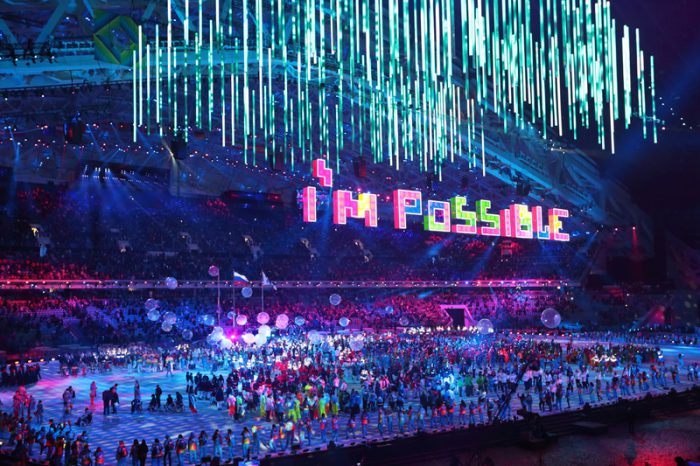 The closing ceremonies of the Winter Paralympics in Sochi 2014. (Igor Dolgov | Dreamstime.com)
The closing ceremonies of the Winter Paralympics in Sochi 2014. (Igor Dolgov | Dreamstime.com)
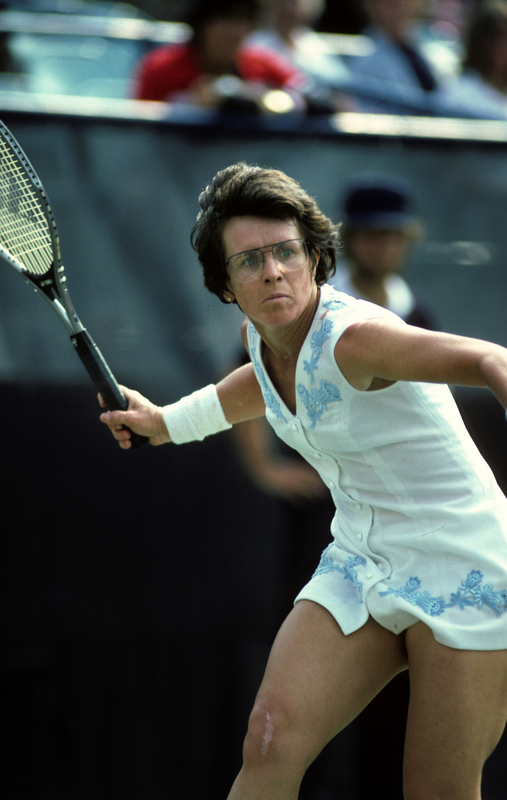
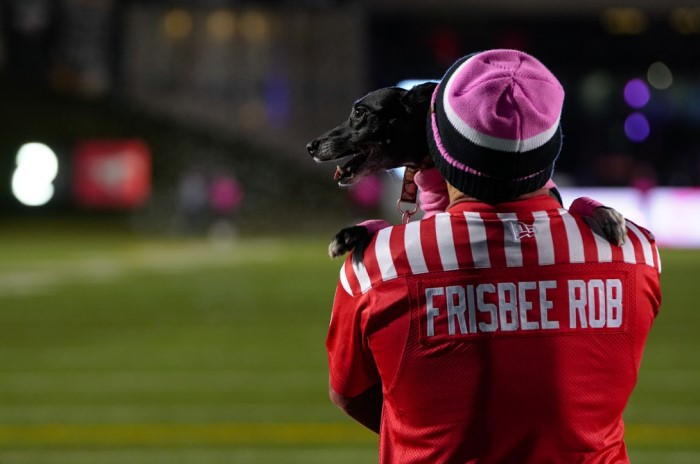
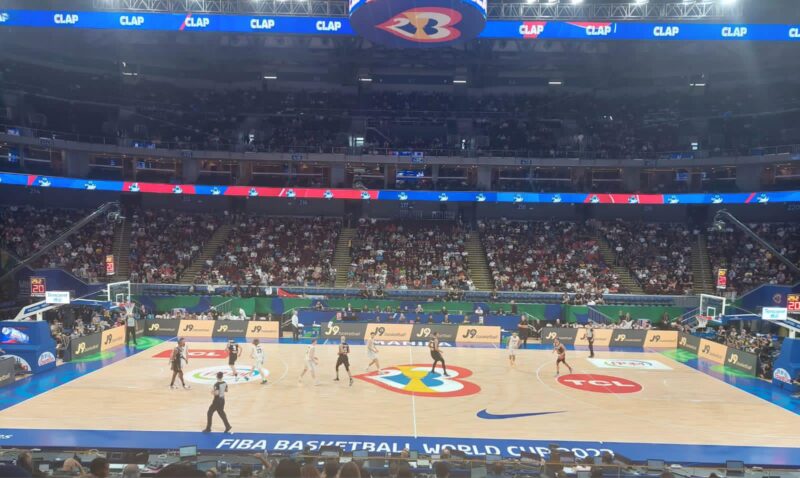
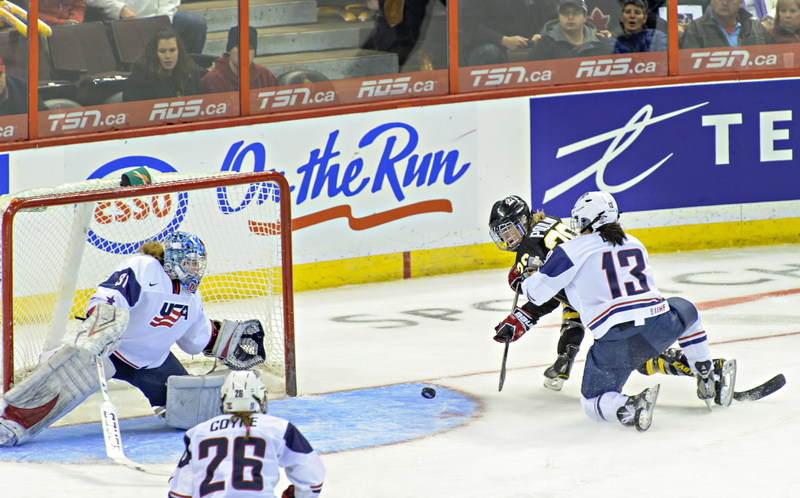
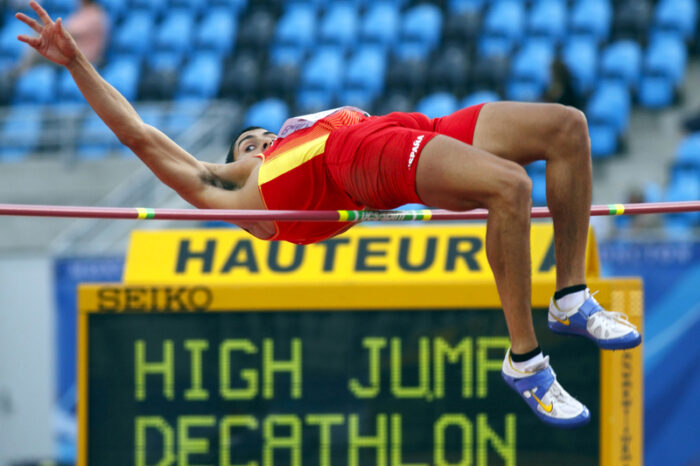
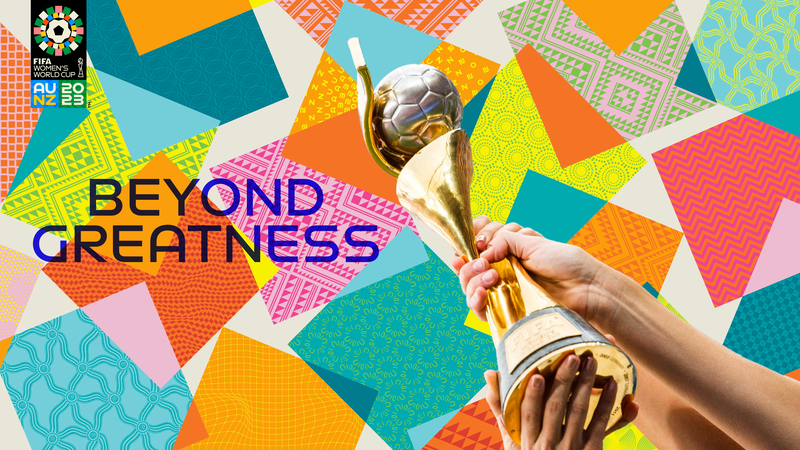
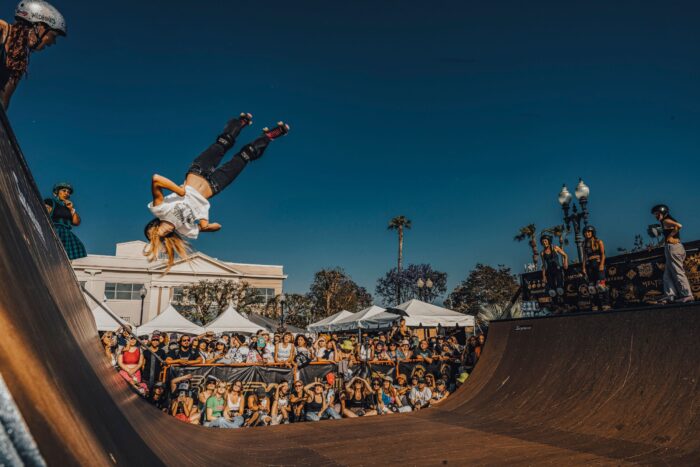
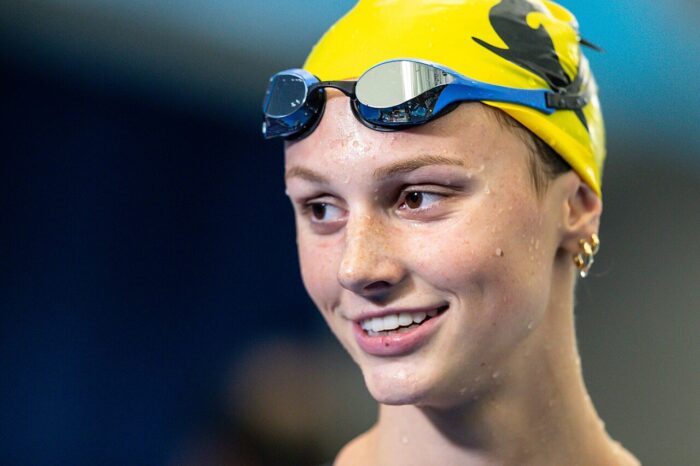
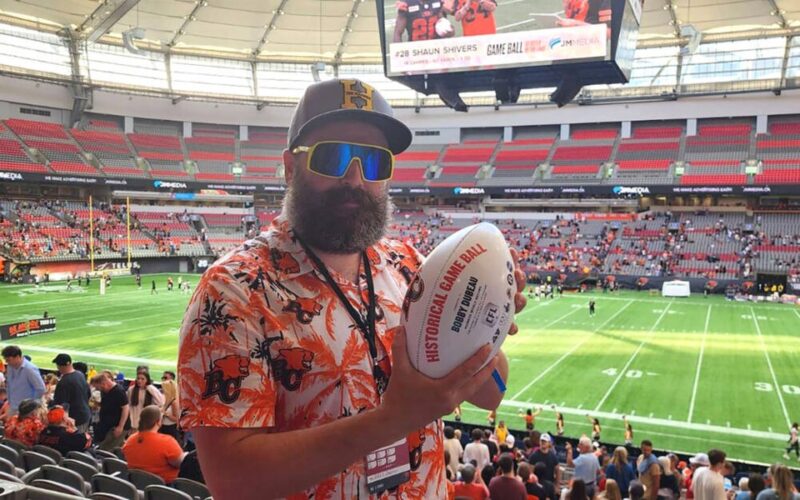
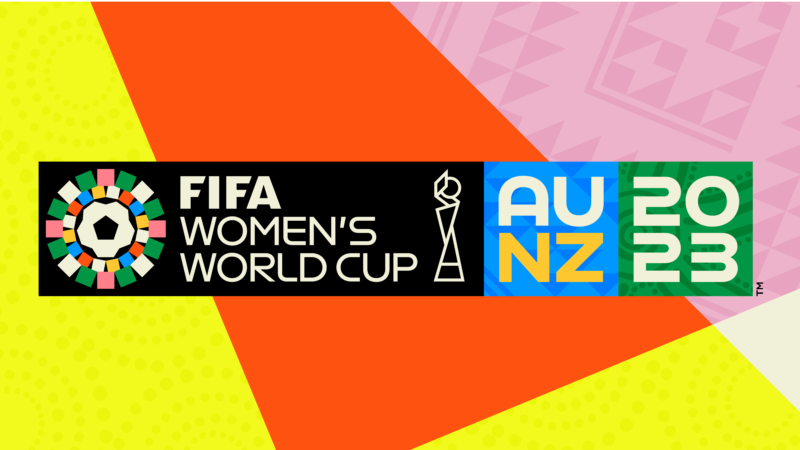
amazing